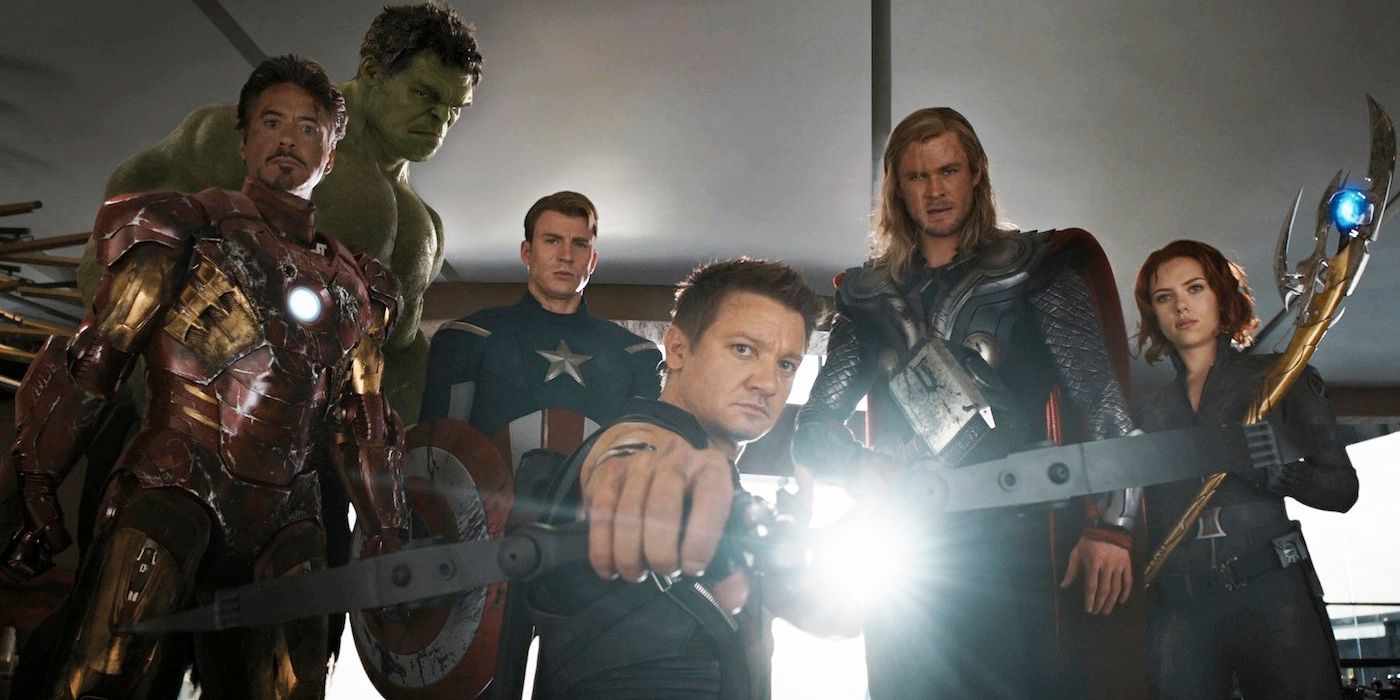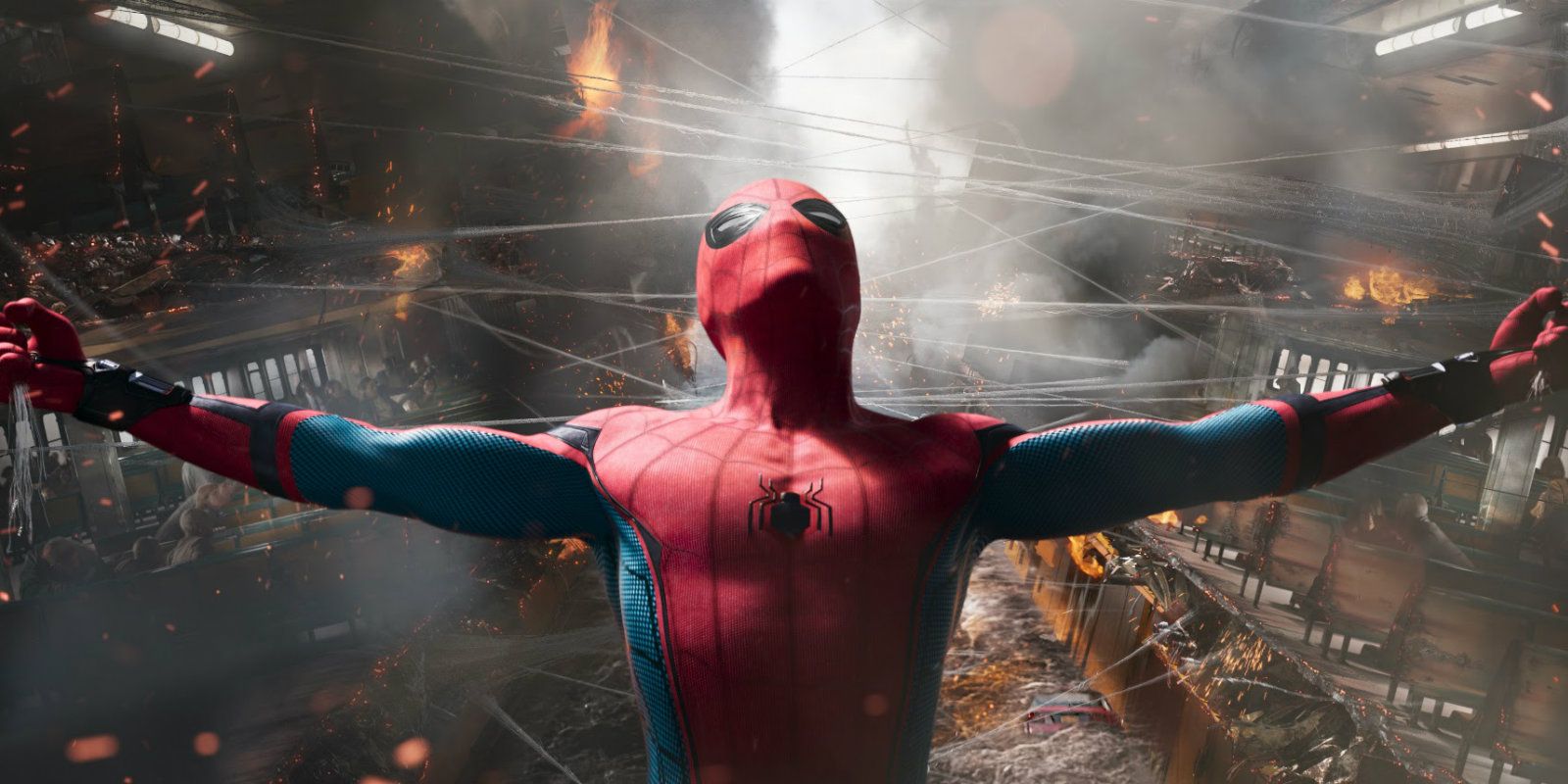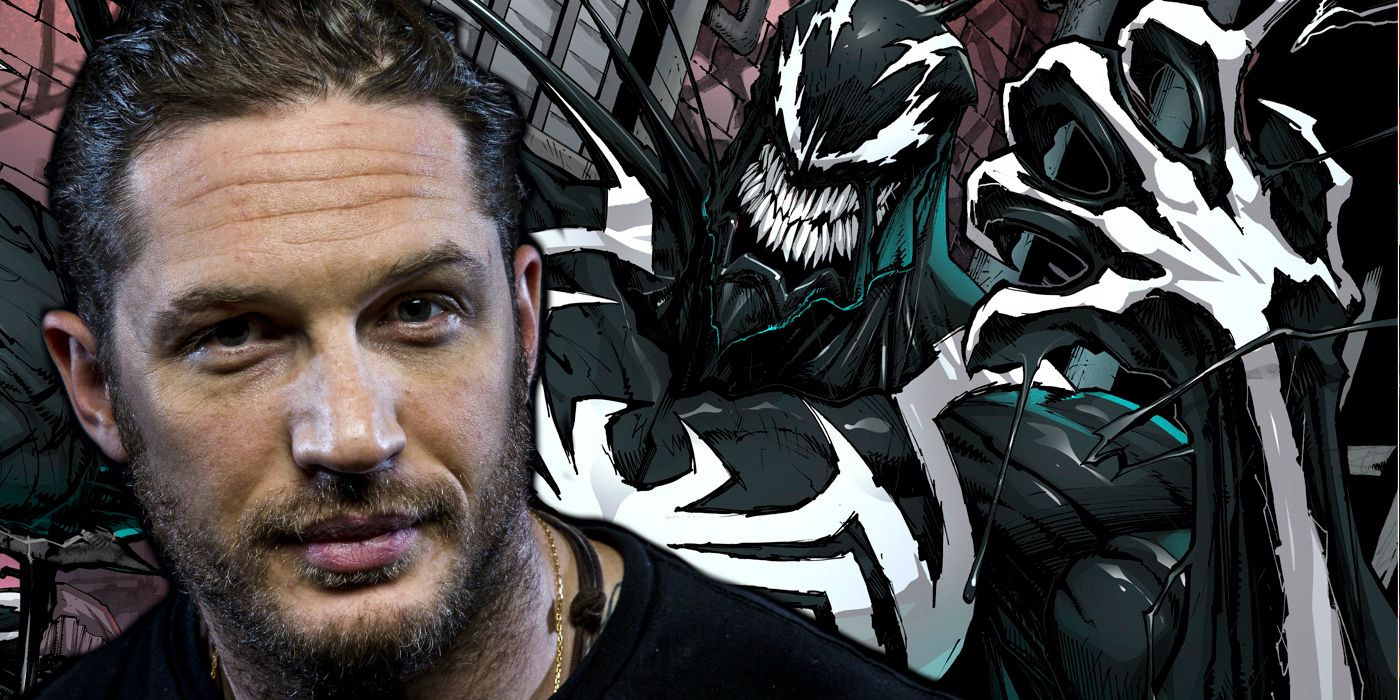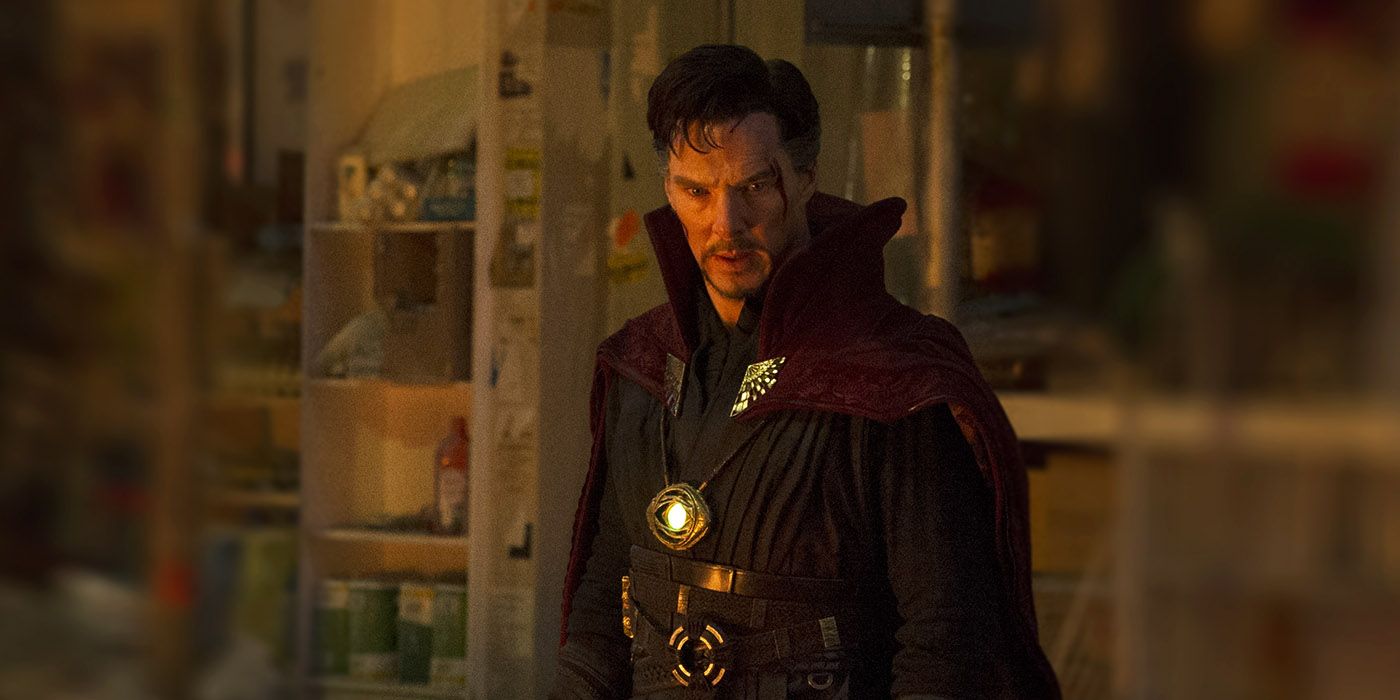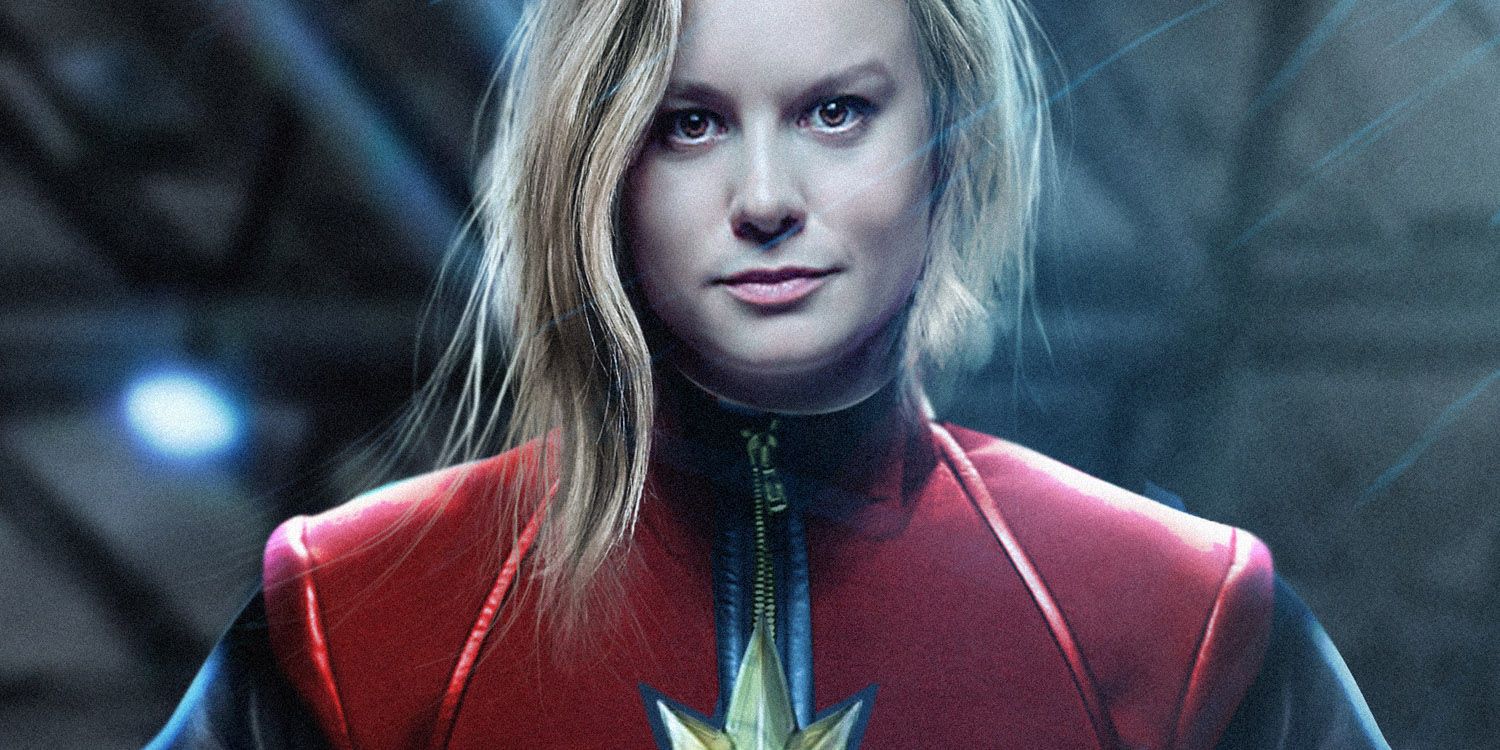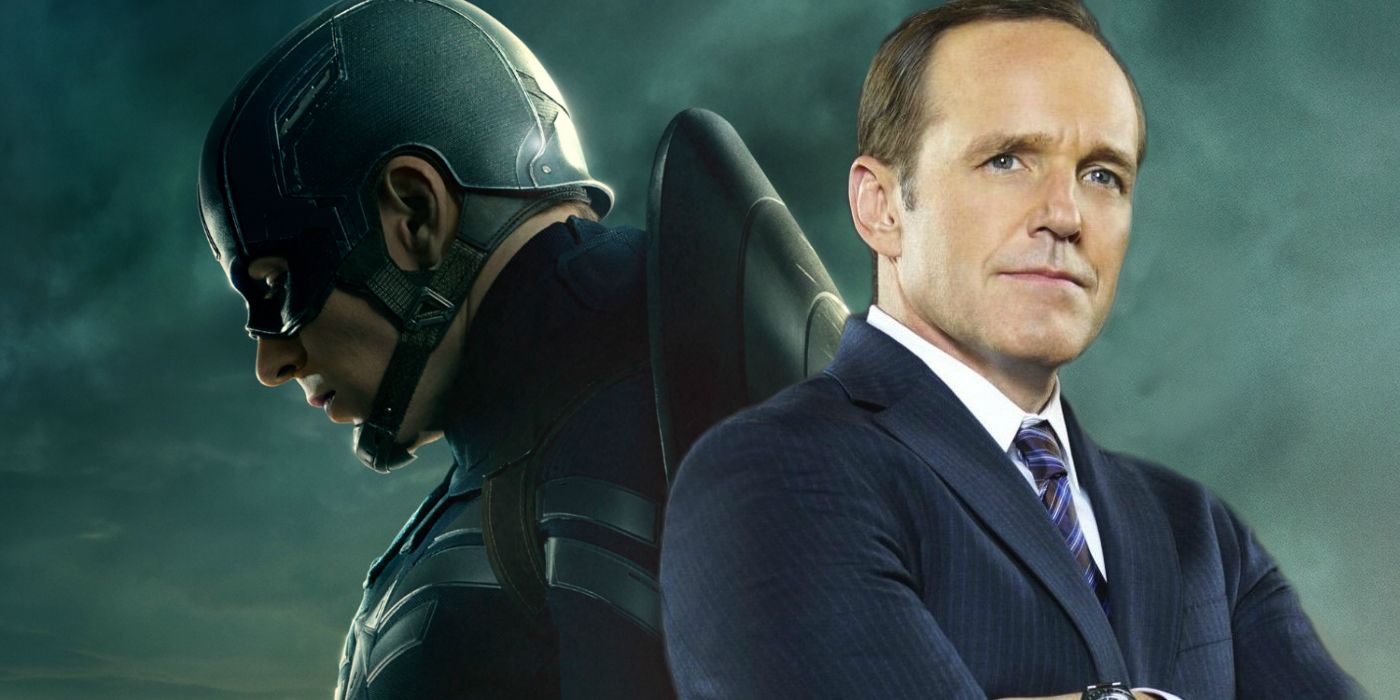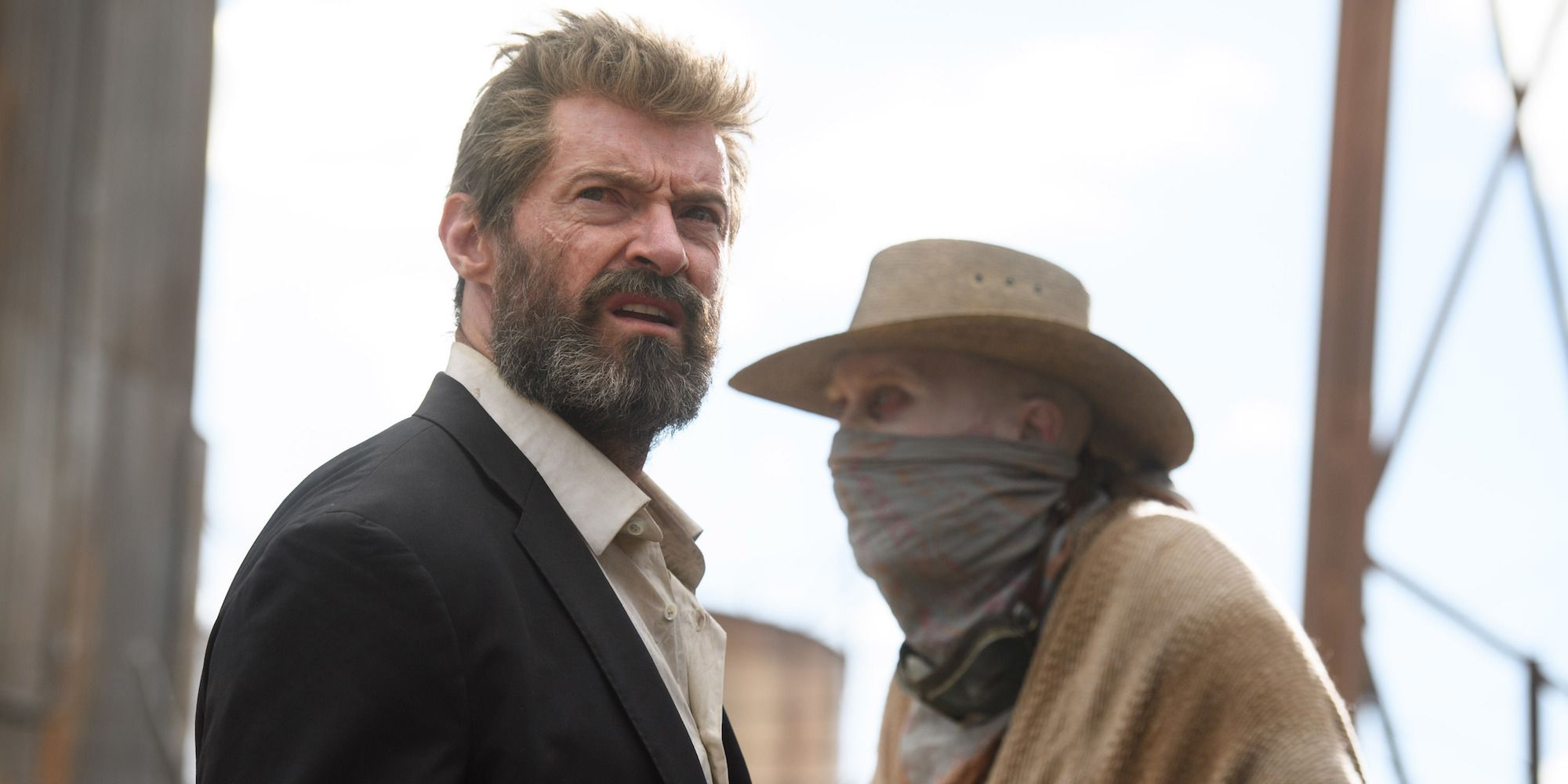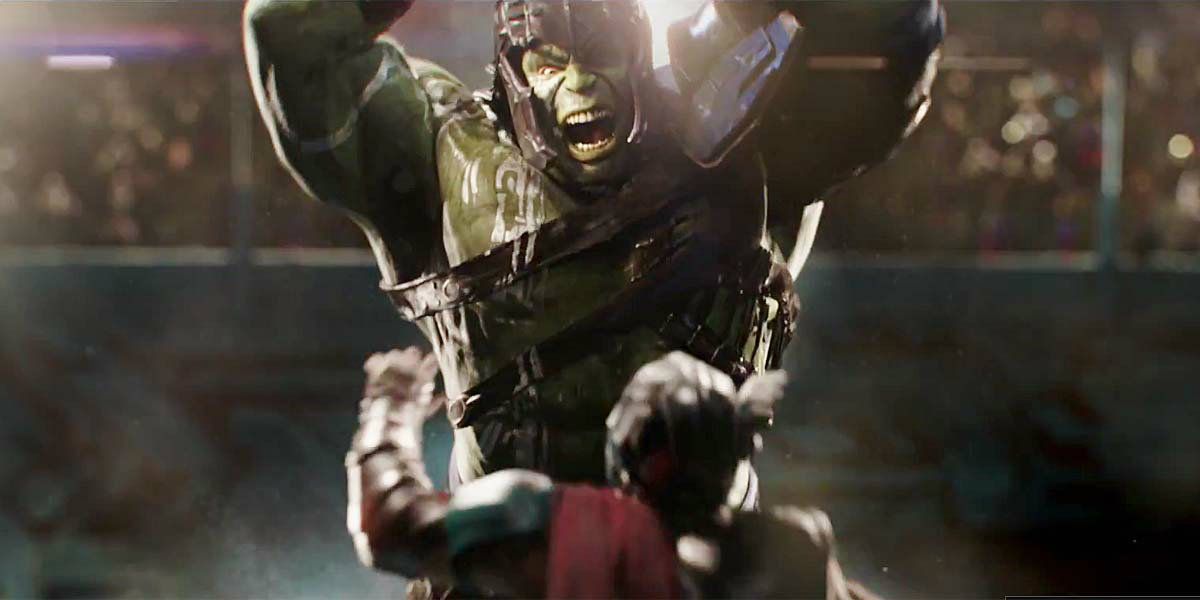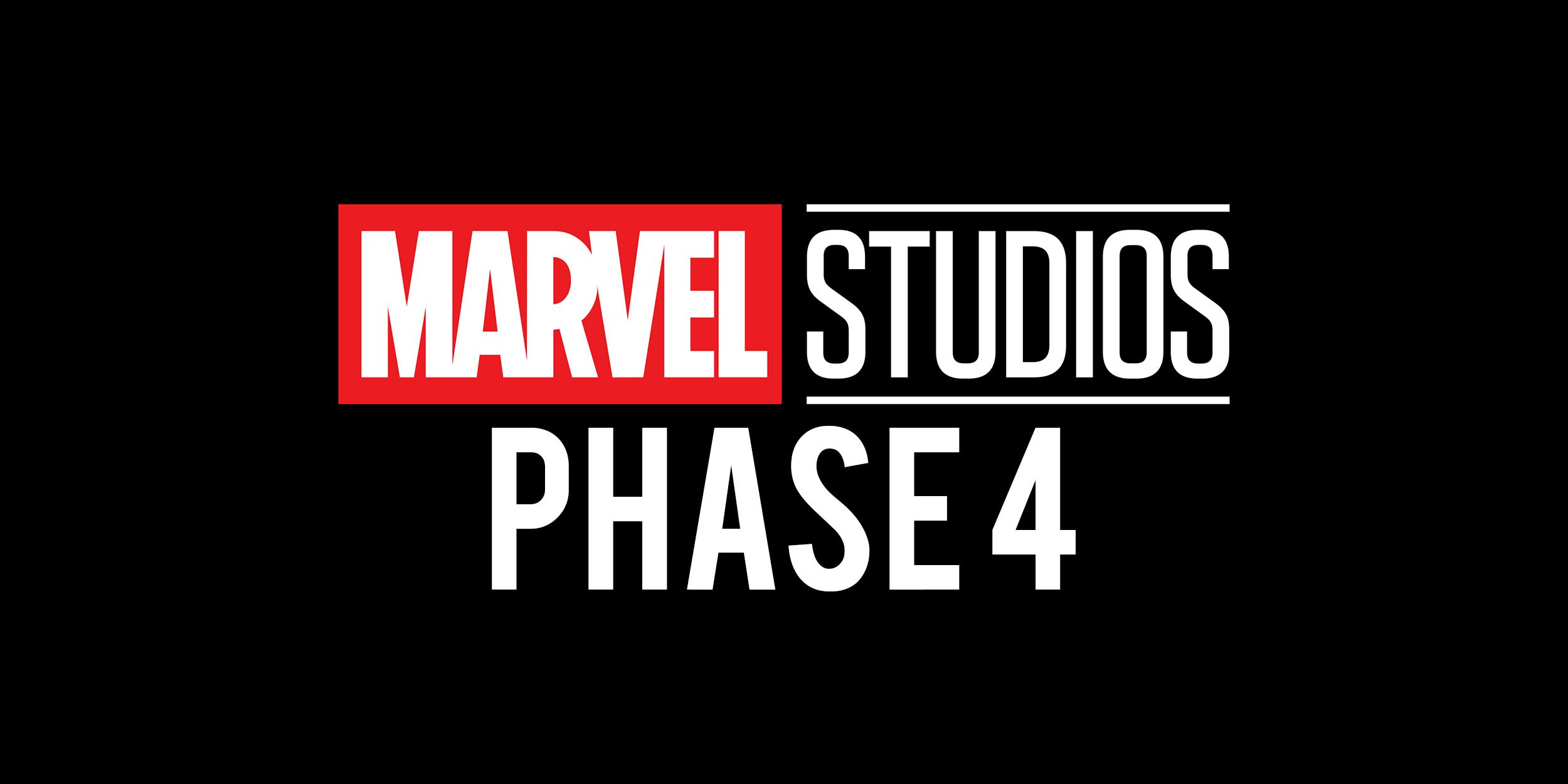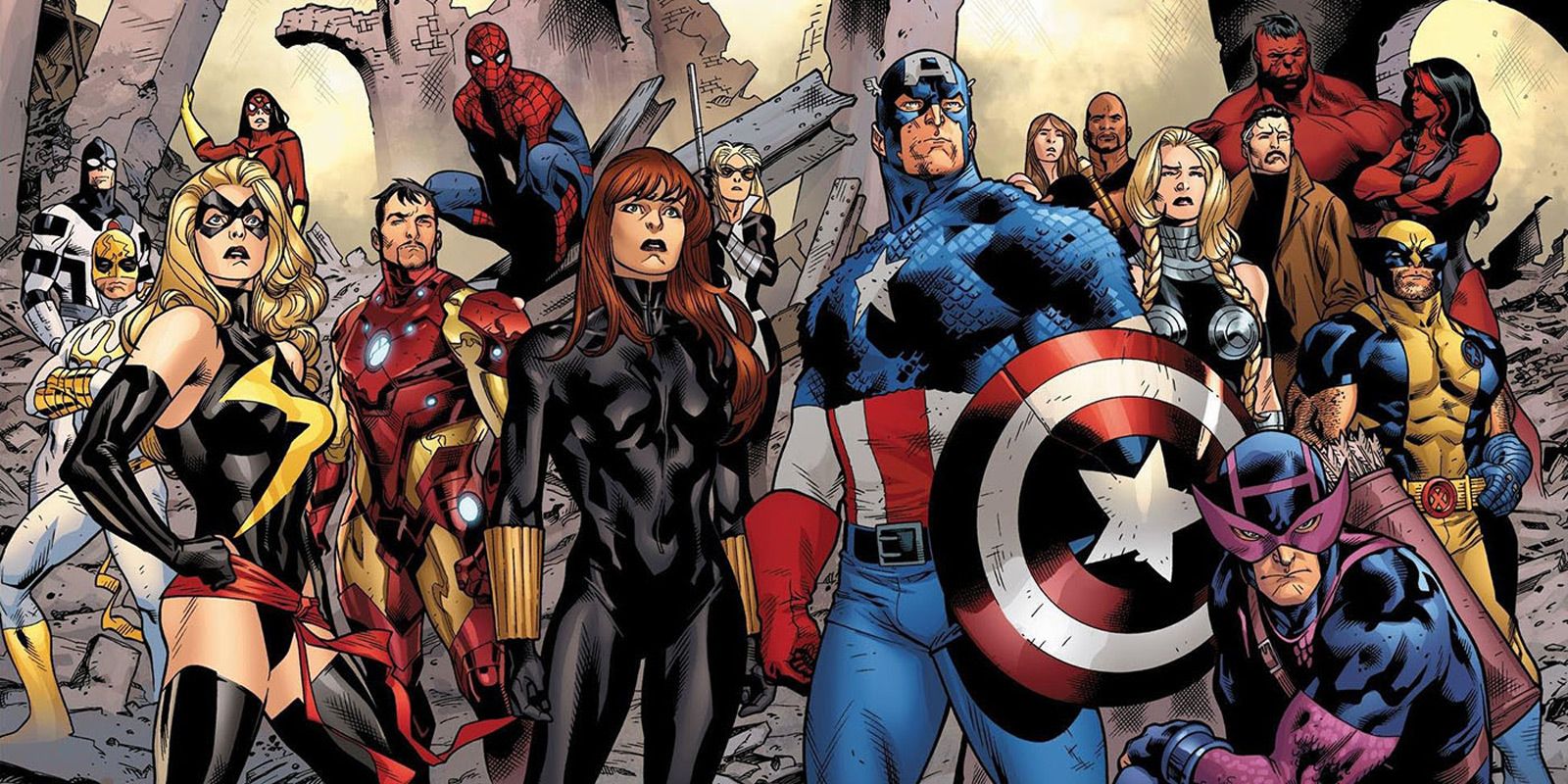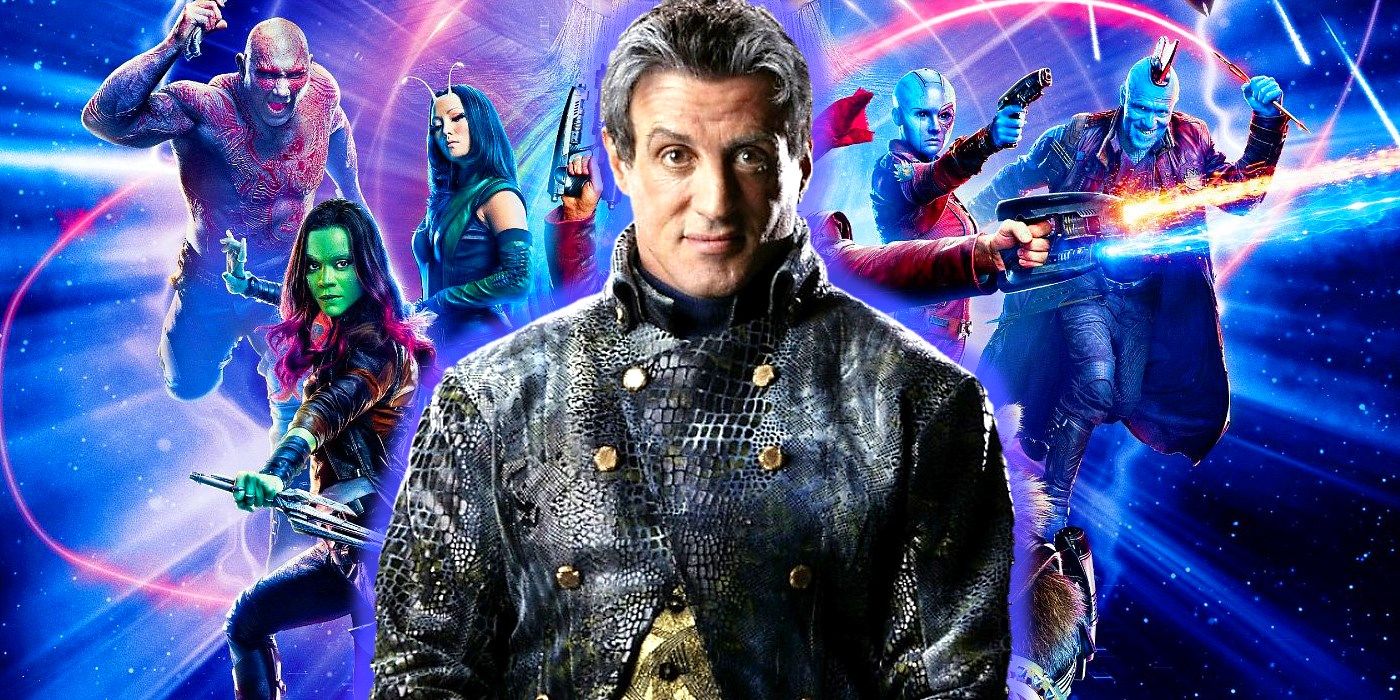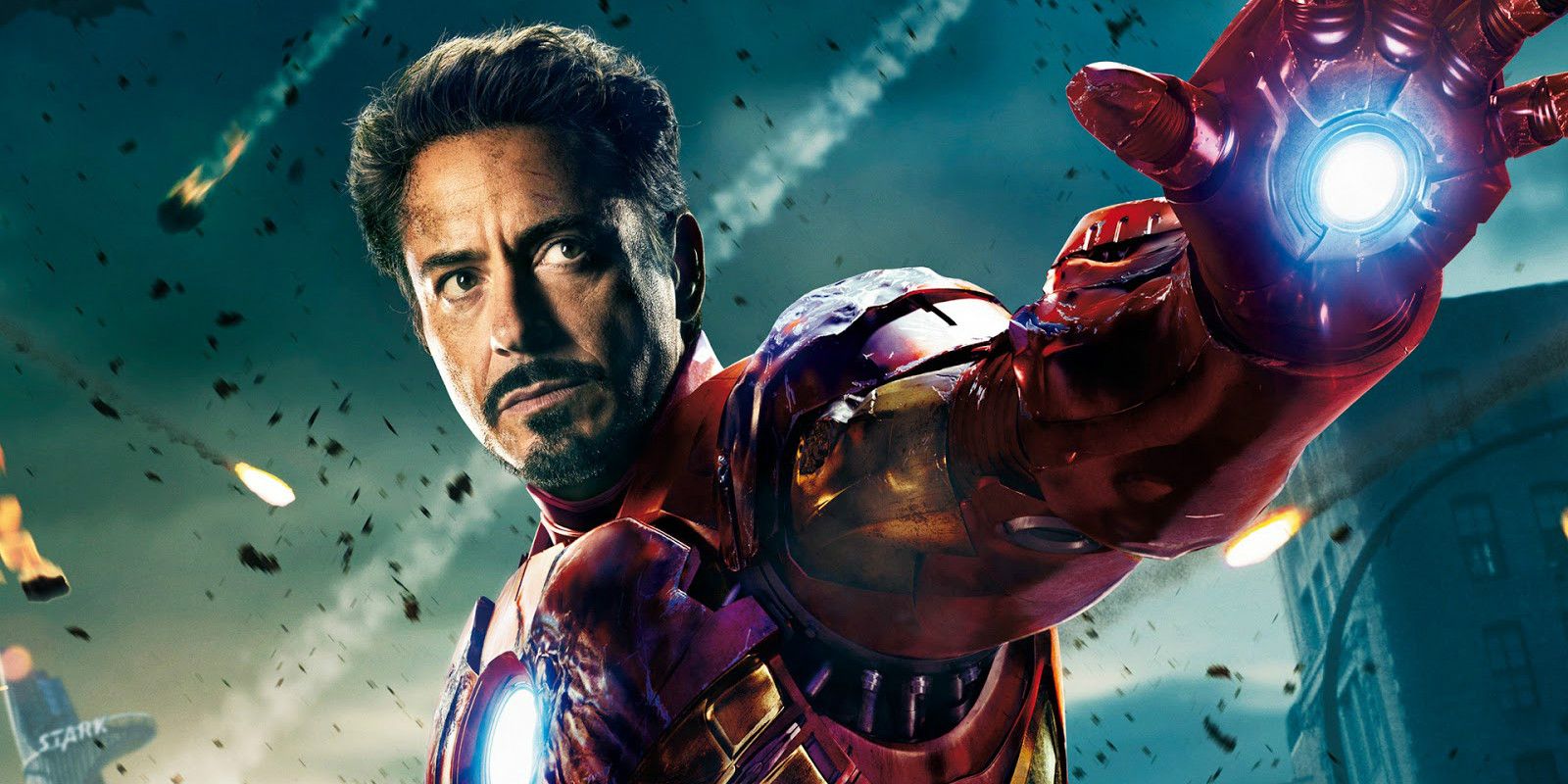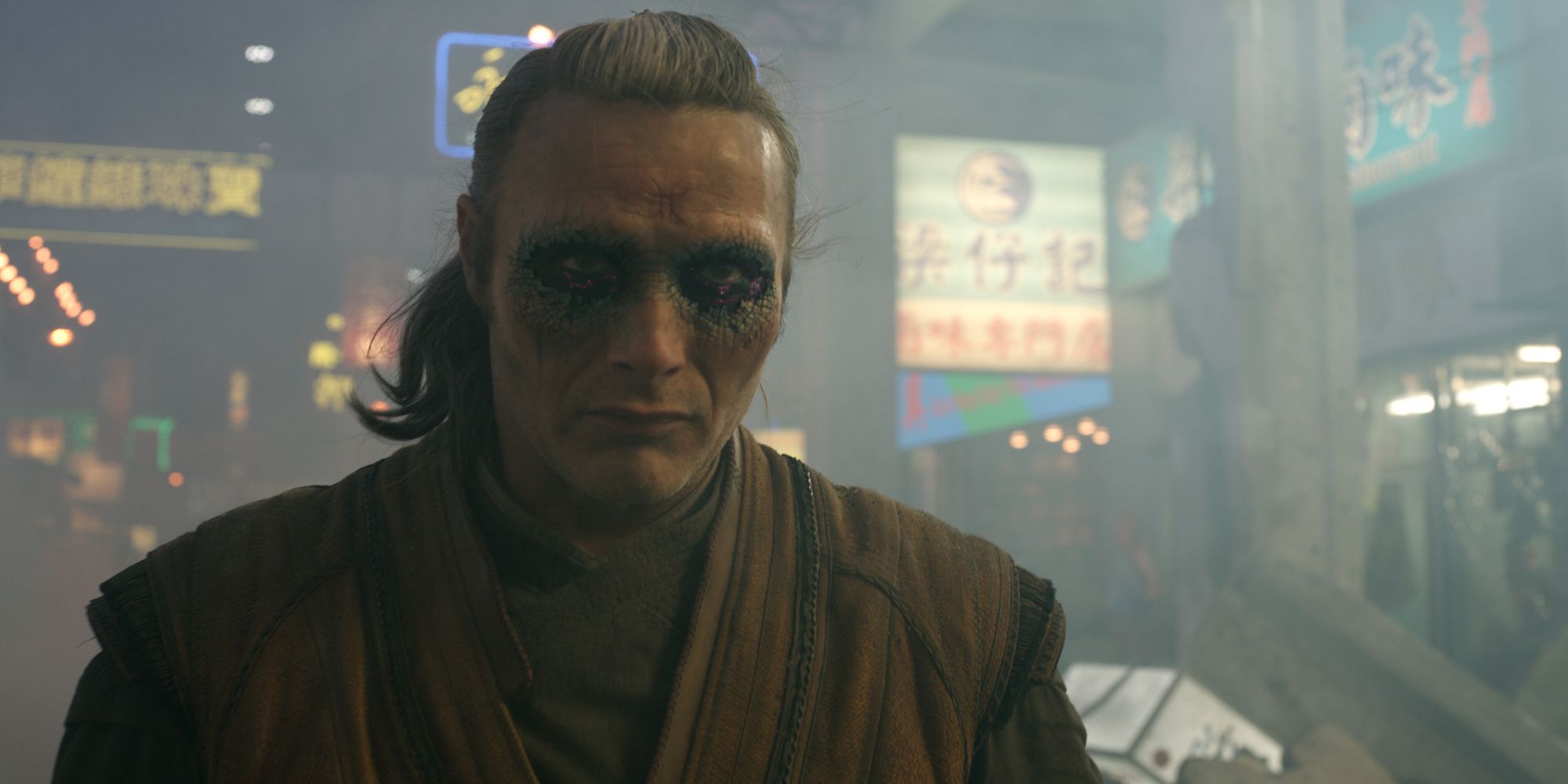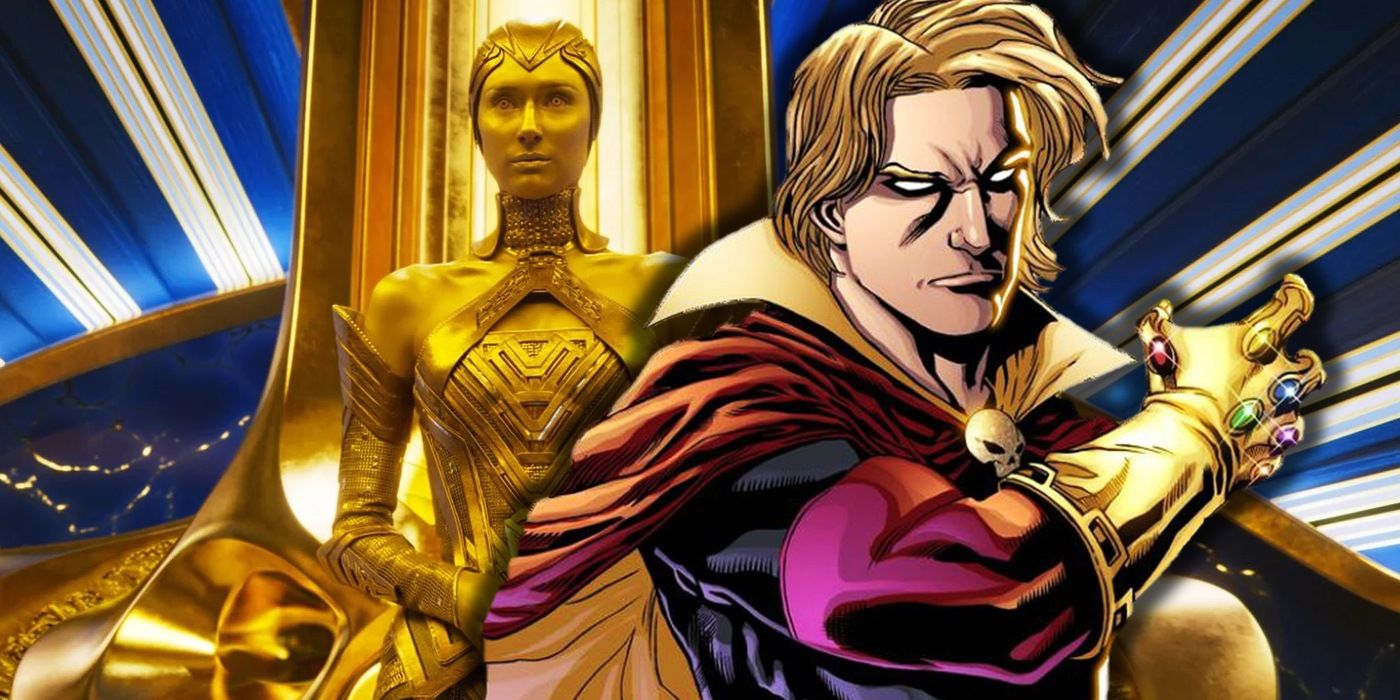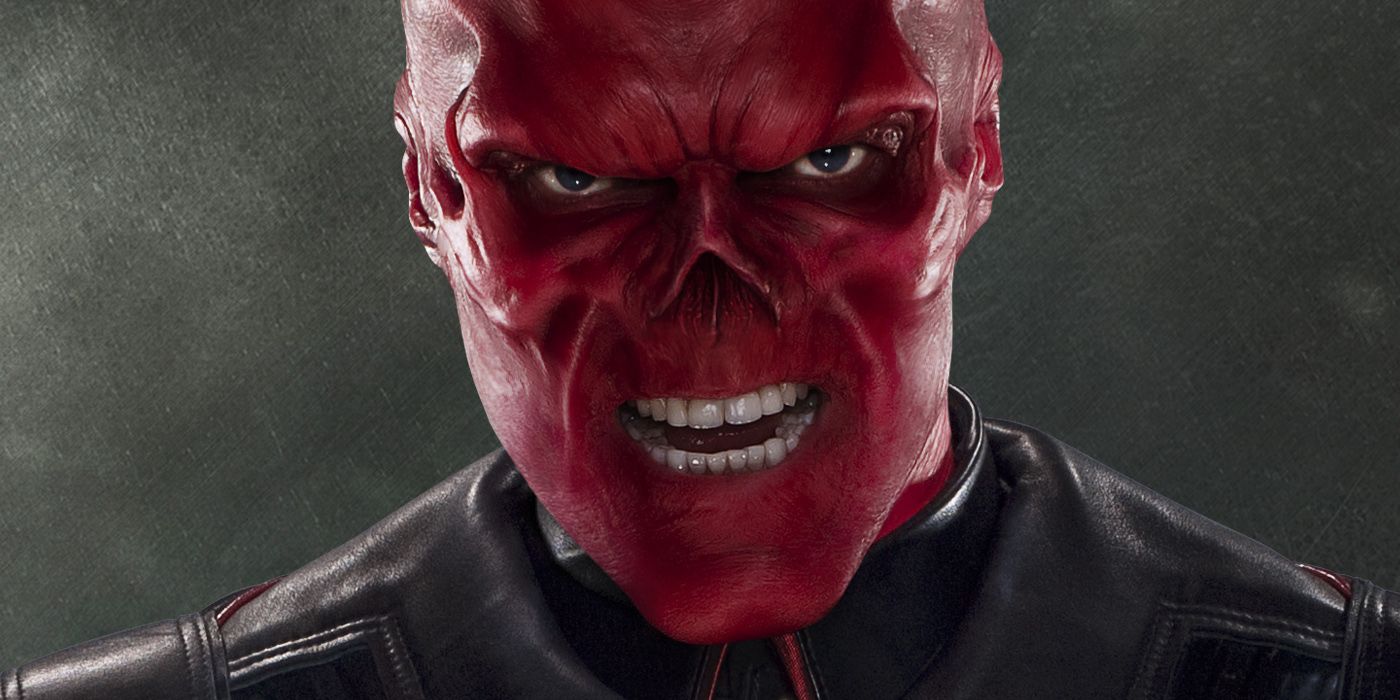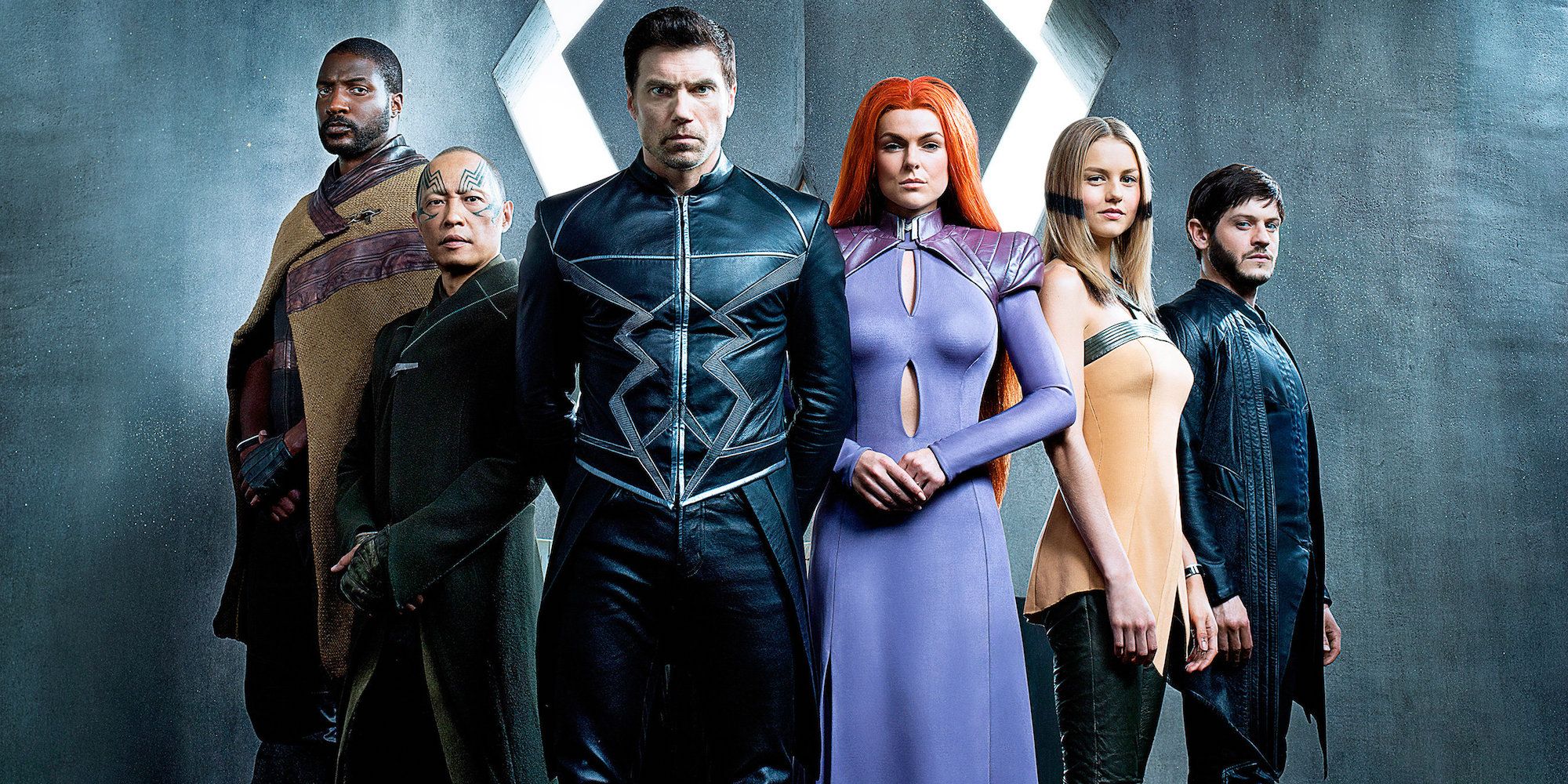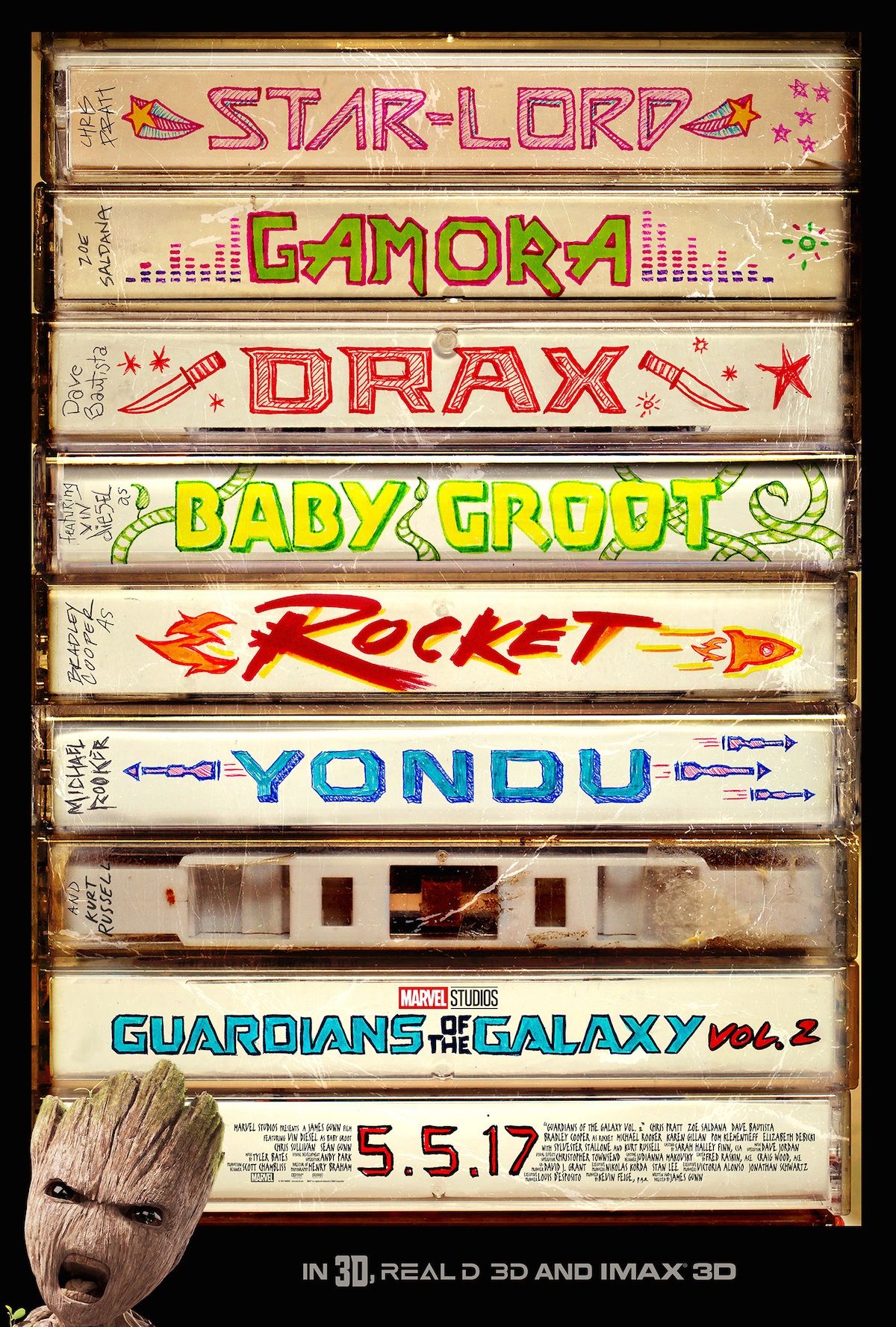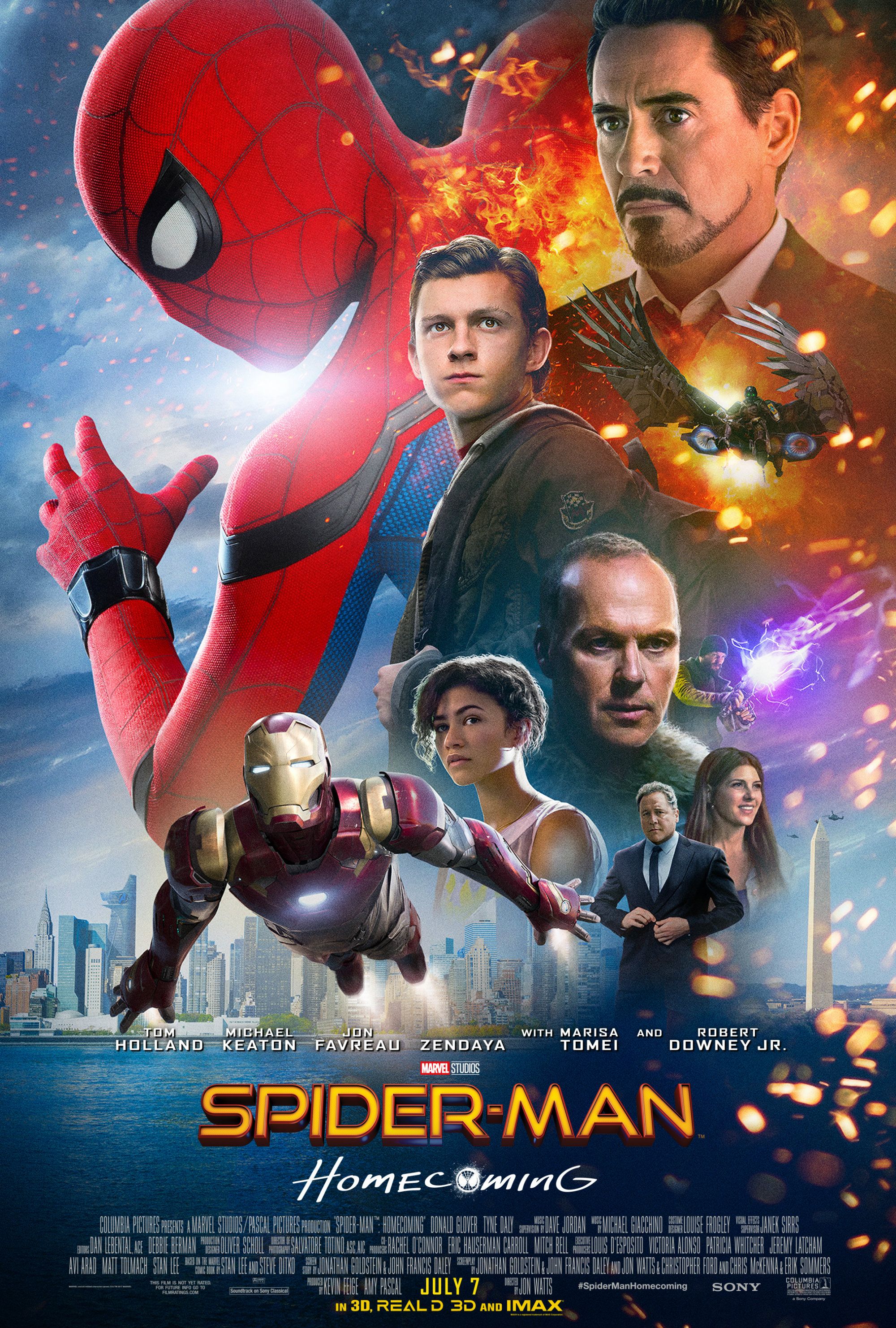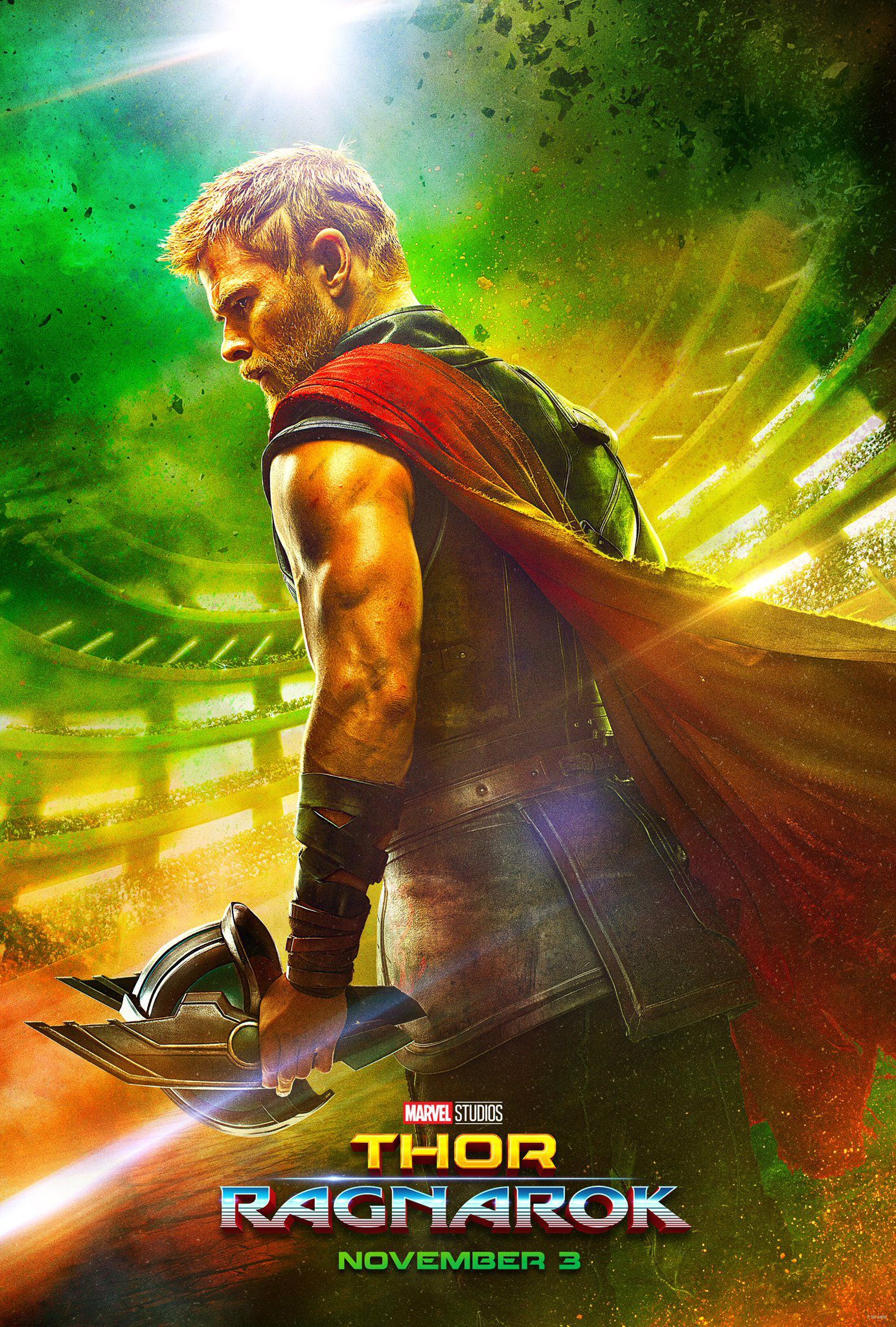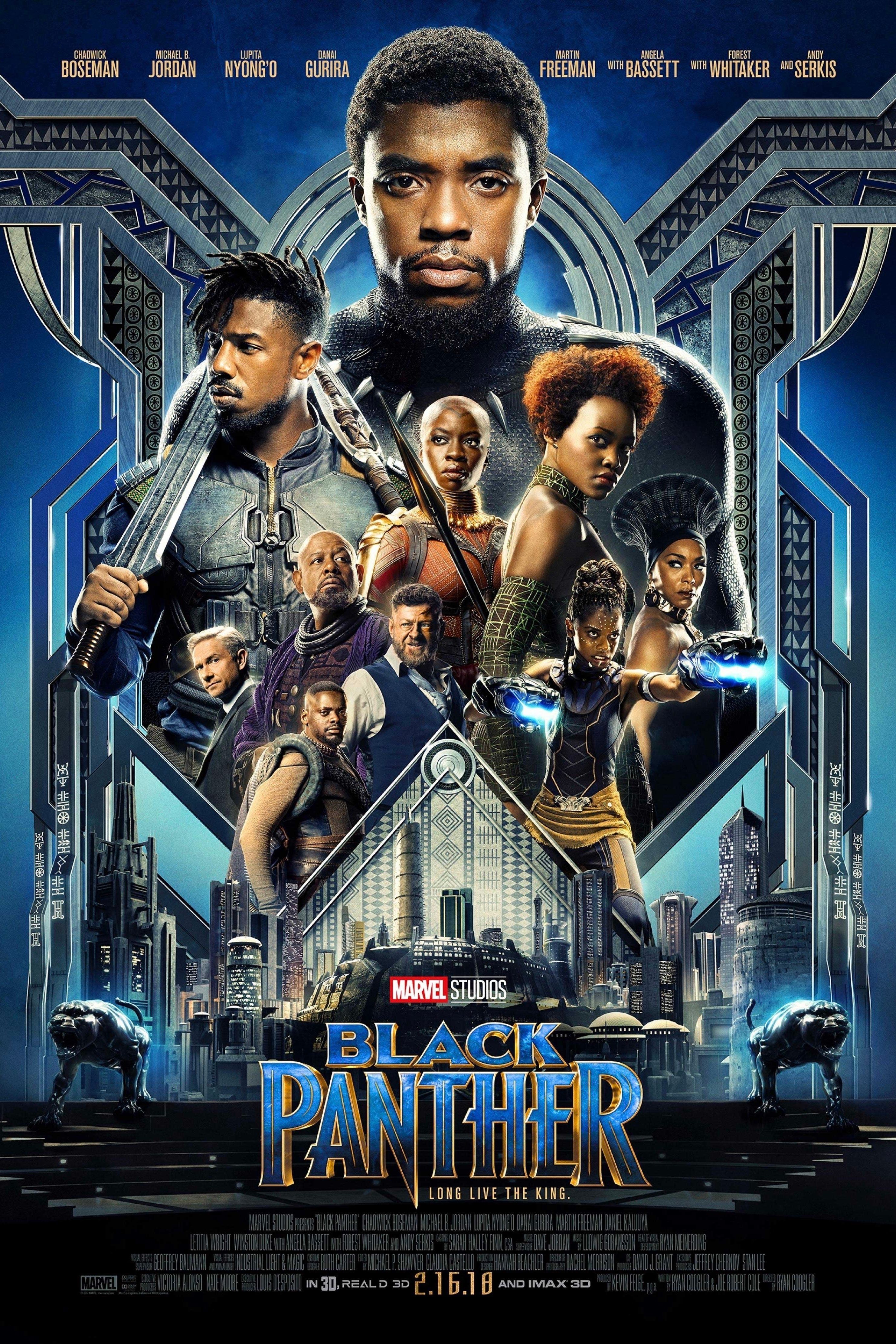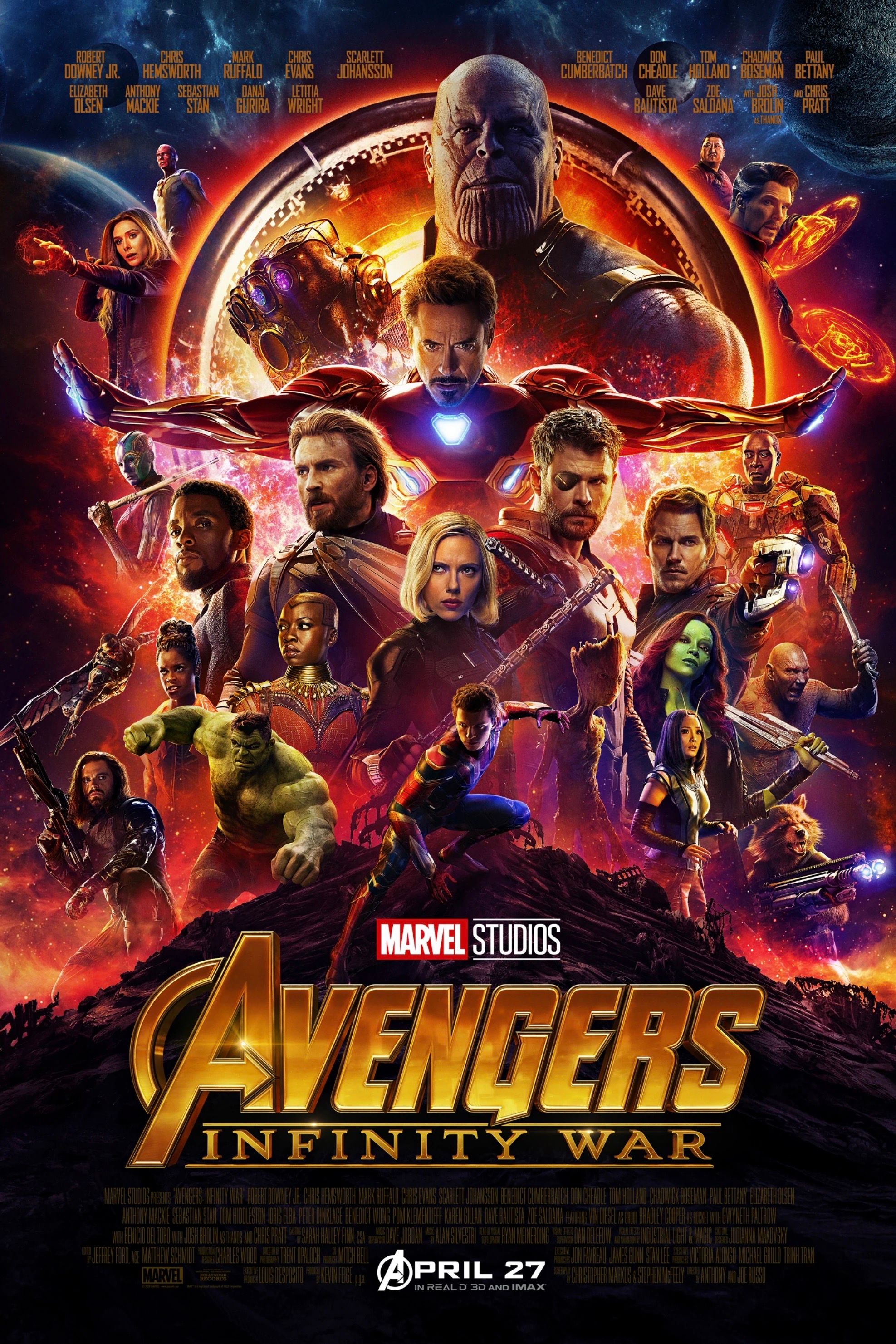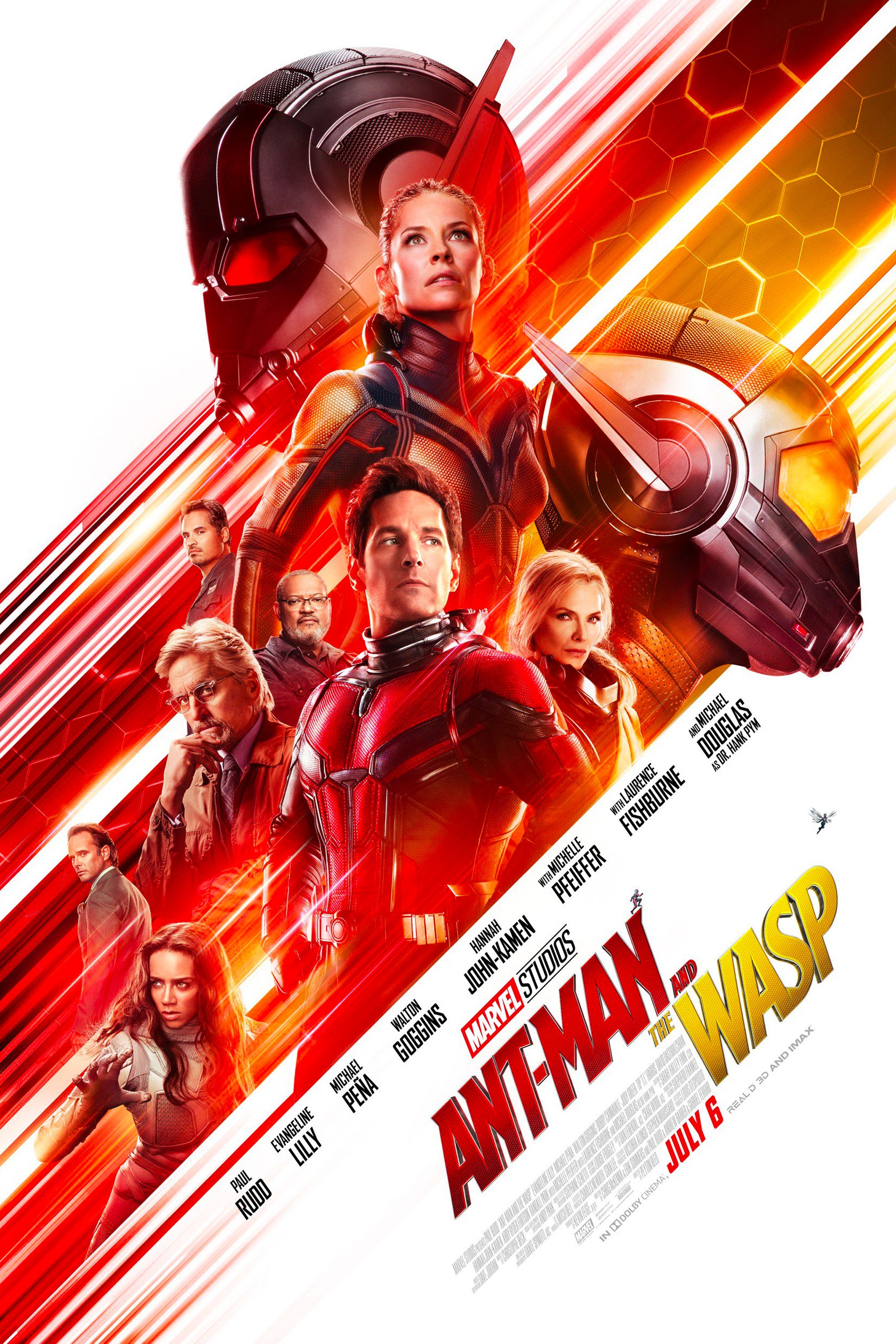Long before the Walt Disney Company acquired Marvel Entertainment, the comic book publisher's in-house movie studio worked alongside the top studios in Hollywood to bring their comic book characters to life on the big screen. Audiences got to see characters like Spider-Man, Ghost Rider, and the X-Men in live-action for years. It wasn't much later that the studio decided to take things into their own hands, and that's how the Marvel Cinematic Universe was born.
It's been almost ten years since Jon Favreau's Iron Man hit theaters, thus kicking off the shared universe. Back then, Marvel was still an independent company. It was during their first "phase" that the Mouse House acquired the comic publisher. Since then, the studio has been on a roll when it comes to their superhero films. Well over a dozen movies have already released as part of the MCU, with the studio's third phase coming to an end in just two years. When that happens, there will be a seismic shift in the shared universe.
Unfortunately, there isn't much concrete information regarding Phase 4 of the MCU as of now. Based on how fast news travels in this day and age, we can't really fault the studio for trying to keep their plans close to the vest. Still, we do have at least some inkling as to what the shared universe will look like post-Phase 3. Here is Everything You Need To Know About The Future Of The MCU.
15. Three movies per year (beginning this year)
As previously mentioned, Iron Man kicked off the Marvel Cinematic Universe in 2008, with The Incredible Hulk following it shortly thereafter. Two years passed before the next movie released, Iron Man 2, and then another year before the next two hit theaters. Then in 2012, The Avengers released, thus concluding the first phase in the MCU. The following year, the studio began to release two movies per year, and that's how it has been ever since. However, that all changes in 2017.
RELATED: Why Spider-Man Represents The Future Of The MCU
James Gunn's Guardians of the Galaxy Vol. 2 marked the 15th entry in the MCU, and it also stands as the first of three movies to release this year. Spider-Man: Homecoming and Thor: Ragnarok both release later this year, with Black Panther, Avengers: Infinity War, and Ant-Man and The Wasp following up in 2018. From here on out, Marvel Studios will be releasing three films per year. At the rate they're producing movies, it's not that far-fetched to believe that the studio will eventually move to four movies per year -- perhaps one per season.
14. Sony's Spider-Man universe will remain separate
Long before Sony Pictures and Marvel Studios signed the landmark agreement that allowed Spider-Man to be used in the Marvel Cinematic Universe, Sony was planning out a full-fledged Spidey verse of their own. Prior to Marc Webb's The Amazing Spider-Man 2 hiting theaters in 2014, the studio announced plans to release two more Amazing Spider-Man sequels, as well as spinoff films such as Venom and the Sinister Six. When the deal with Disney/Marvel was announced, people presumed those plans were canceled. Apparently not.
Sony Pictures still plans on moving forward with their Spider-Man universe, but without Spidey. They recently announced that Tom Hardy will be playing Venom in an upcoming solo film, with Ruben Fleischer directing. Gina Prince-Bythewood has also been hired to direct their Black Cat & Silver Sable movie. Since there currently aren't any plans to connect the offshoots to the MCU's Spider-Man, their shared universe will have to make do without the iconic web-slinger that would help tie it all together.
13. No more traditional origin stories going forward
When it comes to introducing a new character, the logical thing to do is depict their origin story in a solo film. We've gotten origins for characters like Iron Man, Captain America, Ant-Man, Thor, and so on. The thing is, each movie tends to follow the same formula, and the studio doesn't seem to be pushing boundaries for the films until the sequel (e.g. Captain America: The Winter Soldier). At this point, there's only so much Marvel can do with their origin tales, which is why they've chosen to do away with the increasingly tired formula, despite its success.
The studio's last traditional origin story was Scott Derrickson's Doctor Strange. From here on out, they will be focusing on various aspects of the characters, as well as their introductions into the overarching narrative. The first movie to utilize this new strategy is Jon Watts' Spider-Man: Homecoming, which spends more time concentrating on Peter Parker as a young high school student instead of showing -- for the third time -- how he became Spider-Man in the first place.
12. First female-led superhero film in the MCU (with more on the way?)
It's no secret that there's a severe lack of female representation when it comes to superhero movies, specifically in regards to female superheroes. Warner Bros. is looking to remedy that with Patty Jenkins' Wonder Woman this summer -- the first female-led superhero film of this magnitude, especially one helmed by a female director. Marvel Studios will follow suit in the very near future, with Brie Larson starring as Carol Danvers, aka Captain Marvel, in a 2019 solo film.
Captain Marvel is being directed by Anna Boden and Ryan Fleck, based on a script by Inside Out scribe Meg LeFauve as well as Guardians of the Galaxy writer Nicole Perlman. The movie will mark a turning point for the Marvel Cinematic Universe, and hopefully, it inspires the studio to pursue more female-led superhero films, such as one centered around Black Widow. Seeing Scarlett Johansson lead her own movie as Natasha Romanoff is something that fans have been clamoring for ever since she made her debut in Iron Man 2. Perhaps that's something that we'll finally see come to fruition in Phase 4.
11. The movies and TV shows will crossover "at some point"
The Marvel Cinematic Universe began with Iron Man in 2008, but Joss Whedon expanded the shared universe on television with Agents of S.H.I.E.L.D. in 2013. Ever since then, the movie-side of the MCU has drastically affected the storylines on the TV-side, but so far, it's only been a one-way stream. For instance, the events of Captain America: The Winter Soldier altered the landscape of Agents of S.H.I.E.L.D., but the inclusion on Inhumans in the TV series has yet to be mentioned in the movies.
The lack of proper crossovers between the movies and TV shows has been felt by not only the fans, but also the shows' stars. At this point, it may seem to fans like the movies and TV shows will never crossover, but in fact, Marvel Studios head honcho Kevin Feige is optimistic about the future. He believes that the two sides of the MCU will eventually intersect, but whether that occurs in a full-on crossover or not is undetermined. Whatever the studio has in mind, hopefully, it happens sooner rather than later.
10. No plans to release R-rated movies
Last year, Tim Miller's Deadpool, starring Ryan Reynolds as the eponymous character, revolutionized the filmmaking industry in regards to R-rated comic book films. Of course, R-rated comic book movies aren't necessarily an entirely new thing -- several of them have released within the past decade or so -- but none of them were as successful as Deadpool. In a day-and-age in which superhero movies are the norm, Deadpool proved that certain characters shouldn't be watered down just to reach a wider audience, and the film gave 20th Century Fox the confidence to move forward with an R-rated Logan movie.
After seeing those two movies do exceptionally well, both critically and commercially, people began to ask whether or not Marvel Studios had any plans to produce R-rated films. The short answer: no, they won't. Kevin Feige has said that his takeaway from those movies was the studio's willingness to push boundaries, and that's something they also want to do. However, that doesn't mean they will ever require R-rated films. After all, Marvel Studios operates under Walt Disney Studios, and it wasn't that long ago that they released their first PG-13 movie, with Pirates of the Caribbean.
In short, the House of Mouse isn't likely to produce a film that lets the F-bombs fly and features a ton of hardcore superhero violence anytime soon.
9. More "unexpected team-ups" in future movies
Instead of producing more origin stories, Marvel Studios will be moving forward with movies that focus on heroes as they join the Marvel Cinematic Universe. Since enough of the characters' stories have intersected at this point, many of them will be joining other heroes in their standalone films, especially since the original trilogies in the MCU are ending.
Case in point: instead of appearing in another Iron Man film, Robert Downey Jr. will be reprising his role as Tony Stark in this summer's Spider-Man: Homecoming. Then, later this year, Mark Ruffalo will return to play Bruce Banner, aka the Hulk, in Thor: Ragnarok. There's also the possibility that the Winter Soldier will join Chadwick Boseman in next year's Black Panther.
Utilizing more than one major character in each movie is something Marvel Studios plans on doing more often going forward. Kevin Feige recently said that moviegoers should expect to see more of these "unexpected team-ups" in future movies, particularly in the films coming after Avengers: Infinity War.
8. There might not be any more "phases" after Phase 3
Ever since the beginning of the Marvel Cinematic Universe, each phase has been marked and concluded by the release of an Avengers movie (or around an Avengers movie). This time, however, there will be two Avengers films. The first one, Avengers: Infinity War, releases next May, and the untitled tied-in follow-up releases in May 2019. That will mark the end of Phase 3 of the MCU, and end the first overarching portion of Marvel's story.
While we don't yet know what awaits audiences after Phase 3, we do know that it will essentially launch a new saga for the MCU. Part of that may mean doing away with the term "phases." After all, there may not be a big bad villain to build up to. Kevin Feige recently said that the next part of the MCU might not be called Phase 4, and that it might very well be its own thing. That would be one way to solidify the conclusion of Marvel's first part of their saga and ensure that whatever comes next is viewed as a somewhat separate entitity.
7. Kevin Feige wants to get all of the Marvel characters back
One of the biggest issues plaguing Marvel Studios (and, by extension, the Marvel Cinematic Universe) is the inability to use all of their characters from the comics. Long before the studio conceived the MCU as we know it today, they licensed the rights to some of their top characters and teams out to other Hollywood studios, which in turn saved Marvel Entertainment from bankruptcy in the late '90s.
While several of those studios released various Marvel movies over the years, the biggest franchises created outside the MCU have been 20th Century Fox's X-Men franchise and Sony Pictures' Spider-Man series. Although the latter studio has opted to share the headlining hero with Marvel Studios, they still hold the theatrical rights. To circumvent this issue, Marvel has been altering the characters' origin stories in the comics to create some sort of loophole.
That's worked so far, but it appears to only be a short-term solution. Kevin Feige recently said that his goal is to eventually get all of the Marvel characters back under his roof so that they can use them all in the Marvel Cinematic Universe without continuing to change some of their best characters and stories just to fit the overarching narrative. Specifically, he said his goal is to "replicate the experience that comic book fans have reading the books up on the screen."
This is music to Marvel fans' ears, of course, but when exactly they'll be able to pull this off remains uncertain.
6. Future movies will include bigger name actors
With comic book movies becoming increasingly more popular, it stands to reason that more big-name actors and actresses would be joining the fold. That's not to say, that iconic actors haven't found their way into the Marvel Cinematic Universe before, of course. Jeff Bridges, Anthony Hopkins, and Tommy Lee Jones all signed on to be part of the MCU before it became the global powerhouse that it is today. Since then, people like Tilda Swinton, Robert Redford, Benicio del Toro, Michael Douglas, Ben Kingsley, and most recently, Kurt Russell have all appeared in the shared universe.
That's something that Marvel Studios wants to continue bringing to the table. In response to Sylvester Stallone's brief appearance in Guardians of the Galaxy Vol. 2, Kevin Feige said that "there are more surprises of that caliber heading into [the Marvel Cinematic Universe] in the next few films." Of course, the studio has recently landed award-winning actors and actresses like Michael Keaton and Brie Larson to play villains and heroes, so it's a wonder what else they have in store for fans.
5. The studio thinks it's possible to recast characters (far down the line)
It's been almost ten years since the MCU kicked off with Iron Man, and several of the shared universe's main actors and actresses will see their contracts expire in the near future. With their characters' story arcs reaching a conclusion, fans have begun to wonder if the studio will recast the A-list heroes -- namely Iron Man and Captain America -- in the future. Of course, in the comics, the characters aren't ever recast, though they are replaced, so to speak.
Virtually every major superhero in the comic book world has retired (or died) at some point and then had someone else take their place. Steve Rogers famously died during the Civil War series, with Bucky Barnes later assuming the mantle of Captain America. While that's something that may happen in the MCU, that still leaves Iron Man's fate undecided. It may be difficult to see someone else take Robert Downey Jr.'s role as the billionaire philanthropist, but it's something Marvel Studios is willing to consider way down the line. Will fans ever accept a Tony Stark played by someone other than RDJ, or will a character like Riri Williams or James Rhodes end up taking on the Iron Man mantle? Only time will tell.
4. Fewer doppelganger villains, more dynamic foes
The Marvel Cinematic Universe has been an undeniably monstrous success thus far, but one of the biggest gripes people have with the shared universe is the lack of memorable villains. It's no secret that the MCU suffers from having too many analogous bad guys, most of which are a result of the filmmakers utilizing far too many doppelganger villains, which is something the studio has promised to be more mindful of going forward.
Kevin Feige has said the reason they like to use doppelganger villains is that "you want to have characters that inhabit the same world when introducing a new world, a new mythology for lack of a better term." That's why Iron Man fought the Iron Monger, why Ant-Man squared off against Yellowjacket, and why Doctor Strange was faced with Kaecilius. Now that most of the universe has already been established, the studio will soon begin using more dynamic foes and fewer doppelganger enemies. If nothing else, George R.R. Martin should appreciate the change.
3. There will be more cosmic characters and stories
Because Marvel Studios doesn't own the theatrical rights to all their characters, they're not able to provide moviegoers with the full experience that comic book readers are afforded. There's an entire universe of characters out there that haven't been introduced into the MCU yet. Granted, the studio can only release so many movies at a time. Right now, everything seems to be tied to Earth, but that looks set to change going forward.
James Gunn introduced audiences to the cosmic side of the multiverse with Guardians of the Galaxy, and he took things to a new level with Guardians of the Galaxy Vol. 2. The third installment in his Guardians trilogy will obviously take things even further, but his movies have already set in motion events that will force Earth's Mightiest Heroes to explore the cosmic universe. Gunn recently said that things are going to look "very different" after Phase 3. In fact, they're calling it the "Cosmic Universe" -- at least internally.
2. Return of past characters?
Now that we're 15 entries in to the Marvel Cinematic Universe, there are bound to be some inconsistencies as well as unanswered questions. For instance, whatever happened to the Red Skull? After grabbing hold of the Tesseract in Captain America: The First Avenger, Red Skull seemingly teleported into the cosmos, but where he went remains a mystery. Samuel L. Jackson recently seemed to indicate that the Skull will return sometime in the future, but when will this actually play out?
Another character whose whereabouts are currently unknown is Abomination. Ever since The Incredible Hulk released, the studio has failed to acknowledge it at all, with the sole exception of including William Hurt's Thunderbolt Ross in Captain America: Civil War. Tim Roth, who played Abomination in the first movie, previously said that there were plans to have him return in a future ensemble movie, and with his contract still kicking, that could very well happen. Until it does, though, he'll be just another character the shared universe has abandoned.
1. All confirmed movies and TV shows
Marvel Studios has already released 15 movies in the Marvel Cinematic Universe, and judging by the fact that they will be releasing three movies per year from here on out, things are only going to get more convoluted and hard to follow. So far, the studio has announced their plans through 2019, until the end of Phase Three. What comes after that is unknown (aside from what we've detailed above, of course), but it will certainly be different than what we've seen thus far.
Here's everything the studio has planned at the moment: Spider-Man Homecoming (July 2017), Thor: Ragnarok (Nov. 2017), Black Panther (Feb. 2018), Avengers: Infinity War (May 2018), Ant-Man and The Wasp (July 2018), Captain Marvel (Mar. 2019), The Avengers 4 (May 2019), and Spider-Man 2 (July 2019), with Guardians of the Galaxy Vol. 3 currently without a release date.
As for the television side of the MCU -- in addition to their flagship series, Agents of S.H.I.E.L.D., Marvel TV has five standalone shows on Netflix (Daredevil, Jessica Jones, Luke Cage, Iron Fist, and The Punisher) as well as one crossover series (The Defenders) going strong or on the way. Inhumans will be premiering later this year, with Runaways, New Warriors, and Cloak and Dagger debuting shortly thereafter. If you thought the MCU was tough to follow before, it's only getting bigger from here on out.
--
What do you want to see Marvel do differently in Phase 4 and beyond? The interconnected nature of the shared universe has been seen by many as the MCU's greatest strength since its inception, but with all the projects Marvel Studios has in store, are things going to get too complicated? Sound off in the comments.

